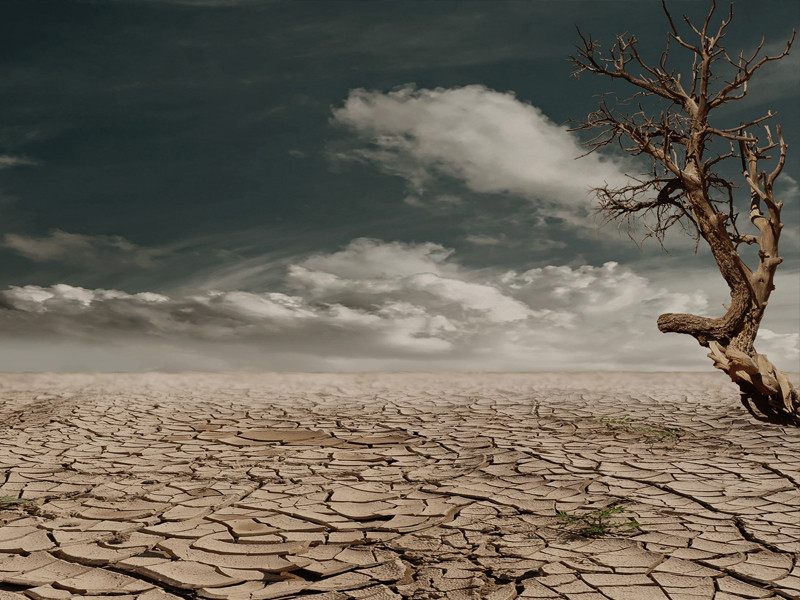Damascus: The United Nations (UN) Resident and Humanitarian Coordinator in Syria, Imran Riza, has expressed serious concern over the ongoing cholera outbreak in Syria.
On September 10, the Syrian Ministry of Health (MoH) declared an outbreak of cholera in Aleppo Governorate following 15 confirmed laboratory cases, including one death.
Between August 25 and September 10, the surveillance data showed that a total of 936 severe acute watery diarrhea cases were reported in Syria, including at least eight deaths.
Most of the cases were reported from Aleppo (72.2%, 676 cases), Deir-ez-Zor (21.5%, 201 cases), Ar-Raqqa (1.8% 17 cases), Al Hasakeh (4.1%, 38 cases), Hama (0.2%, 2 cases) and Lattakia (0.2%, 2 cases).
The number of confirmed cholera cases so far is 20 in Aleppo, four in Lattakia and two in Damascus (people coming from Aleppo).
Based on a rapid assessment conducted by health authorities and partners, the source of infection is believed to be linked to people drinking unsafe water from the Euphrates River and using contaminated water to irrigate crops, resulting in food contamination.
"Cholera remains a global threat to public health and an indicator of inequity," The UN Office for the Coordination of Humanitarian Affairs (OCHA) said in a press release on Tuesday.
This outbreak is also an indicator of severe shortages of water throughout the Middle Eastern country.
With the Euphrates levels continuing to decrease, drought-like conditions and the extent of destruction of the national water infrastructure, much of the already vulnerable population of Syria is reliant on unsafe water sources, which may lead to the spread of dangerous water-borne diseases, particularly among children.
Water shortages are forcing households to resort to negative coping mechanisms, such as changing hygiene practices or increasing household debt to afford water costs.
Cek Berita dan Artikel yang lain di Google News
FOLLOW US
Ikuti media sosial medcom.id dan dapatkan berbagai keuntungan



















